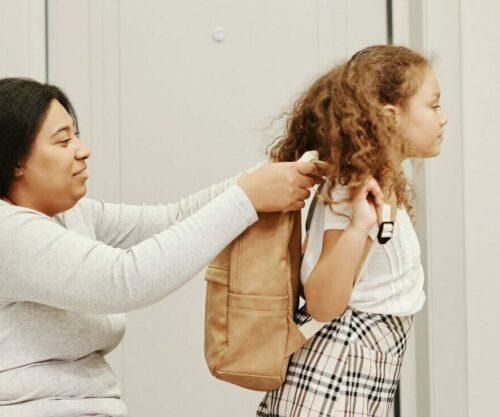
Screen time is the amount of time a person spends staring at a screen on a gadget, such as a television, smartphone, computer, or gaming console. Numerous studies, including long-term ones, have been conducted on the relationship between screen usage and mental health. There has particularly been a lot of focus on the effects on kids, teenagers and young adults.
According to studies, the harmful mental health impacts of screen use include depression, anxiety, and brain fog. However, the results are mixed. Creativity, improved wellness, and enhanced psychosocial consequences of social media use in adults are some of the more favourable outcomes.
However, recent research shows that kids who spend seven hours every day on screens are twice more likely to show signs of anxiety and depression.
Children who spend much time on their screens rarely have time for mental breaks, connect with their surroundings, or have peaceful and quiet minds.
Screen time is a necessary and unavoidable component of a child’s life, especially as they get older. Children who are older might need more time to complete their homework on a tablet or talk to pals on a phone. However, it’s important to take regular breaks from the displays because excessive use of computers, smartphones, and other mobile devices could be harmful to your child’s mental health.
According to Medical Health Associates here are some impacts of screen time on mental health:
- Anxiety and depression
- Deprived sleep
- Developmental delays and learning
- Short-term memory loss and decline in cognitive ability
Parents are advised to reduce screen time for their kids in order to help with their mental health.




